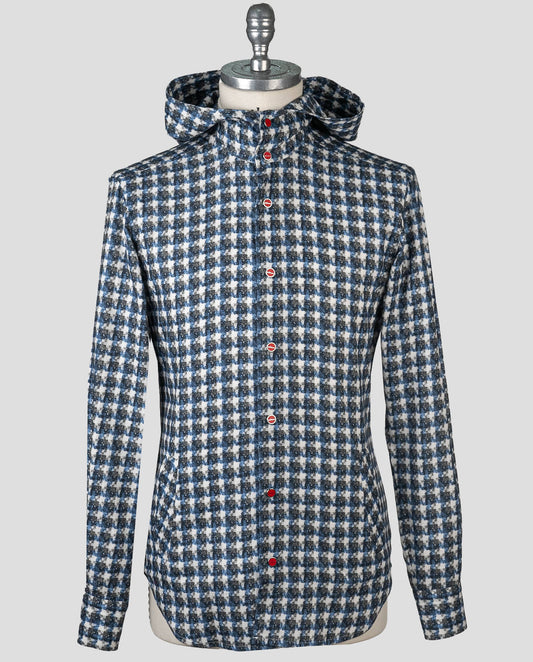Dressing for Changing Seasons: A Guide to Transitional Wardrobes
Mon Jun 05 2023

Dressing for Changing Seasons: A Guide to Transitional Wardrobes
As the seasons shift, so should your wardrobe. Mastering the art of transitional dressing allows you to navigate changing weather with style and comfort. This guide will help you adapt your wardrobe for those in-between periods when the weather is unpredictable.
Understanding Transitional Dressing
Transitional dressing is about creating versatile outfits that can be easily adjusted for fluctuating temperatures. The key is layering and choosing appropriate fabrics.
Essential Pieces for Transitional Wardrobes
1. Lightweight Jackets
A versatile jacket is crucial for transitional weather. Options include:
| Jacket Type | Description |
|---|---|
| Harrington jackets | Classic, versatile style |
| Lightweight blazers | Perfect for smart-casual looks |
| Denim jackets | Casual and durable |
These pieces can be easily added or removed as the temperature changes throughout the day.

2. Layering Pieces
Mastering the art of layering is essential for transitional dressing. Key items include:
These pieces allow you to adjust your outfit’s warmth without compromising on style.
3. Versatile Bottoms
Choose bottoms that work well in various weather conditions:
These can be paired with both light summer shirts and heavier winter tops.
4. Adaptable Footwear
Your choice of shoes can make or break a transitional outfit. Consider:
| Shoe Type | Versatility |
|---|---|
| Leather loafers | Smart-casual to formal |
| Desert boots | Casual to smart-casual |
| Versatile sneakers | Casual to smart-casual |
These options work well with both casual and more formal transitional outfits.
Transitional Dressing Strategies
1. Layer Strategically
Start with a light base layer and add or remove pieces as needed. For example:
- T-shirt + Light sweater + Jacket
- Button-up shirt + Cardigan + Lightweight coat

2. Choose Appropriate Fabrics
Opt for fabrics that provide comfort in varying temperatures:
| Fabric | Properties |
|---|---|
| Cotton | Breathable and versatile |
| Merino wool | Insulating yet lightweight |
| Linen blends | Cool but more substantial than pure linen |
3. Embrace Versatile Colors
Choose a color palette that works across seasons:
- Navy
- Gray
- Olive
- Burgundy
These colors can easily transition from summer to fall or winter to spring.
4. Accessorize Wisely
Accessories can significantly impact the seasonality of an outfit:
- Scarves: Can add warmth when needed
- Sunglasses: Useful year-round
- Lightweight hats: Provide sun protection or extra warmth
Transitional Outfits for Different Occasions
Business Casual
- Light wool trousers + Button-up shirt + Lightweight blazer
- Add or remove the blazer depending on the temperature
Smart Casual
- Dark jeans + Polo shirt + Cardigan
- Layer with a light jacket for cooler days
Weekend Casual
- Chinos + T-shirt + Denim jacket
- Swap the denim jacket for a light sweater as needed

Caring for Transitional Pieces
Proper care ensures your transitional pieces last longer:
- Follow care labels carefully
- Store seasonal items properly when not in use
- Invest in quality pieces that can withstand frequent wear
For more on garment care, see our guide to suit care and maintenance.
Conclusion
Mastering transitional dressing allows you to navigate changing seasons with style and ease. By investing in versatile pieces, mastering the art of layering, and choosing appropriate fabrics, you can create a wardrobe that adapts to unpredictable weather while always looking polished.
Remember, the key to successful transitional dressing is flexibility. Don’t be afraid to experiment with different combinations to find what works best for your personal style and local climate.
For more seasonal style tips, check out our guides on summer suiting and winter accessories.